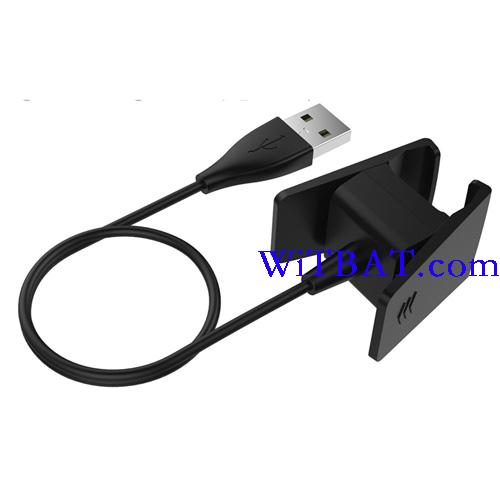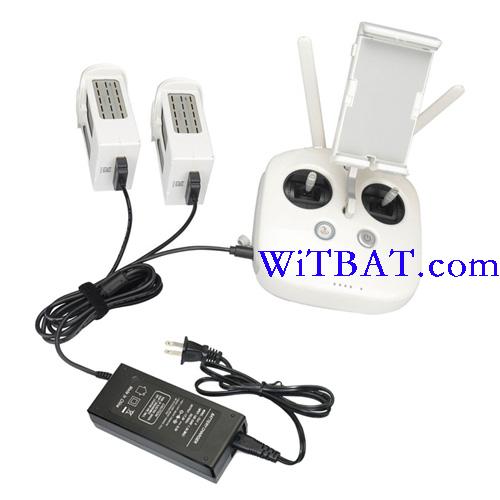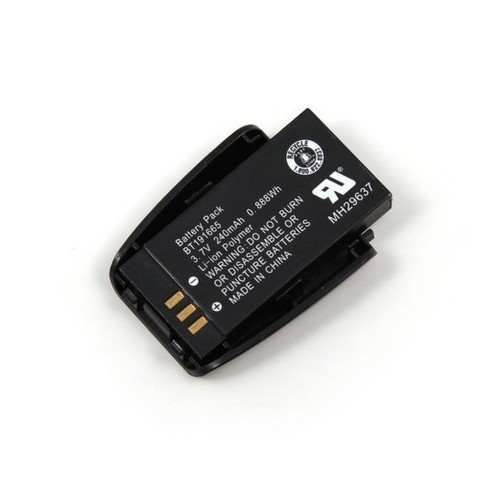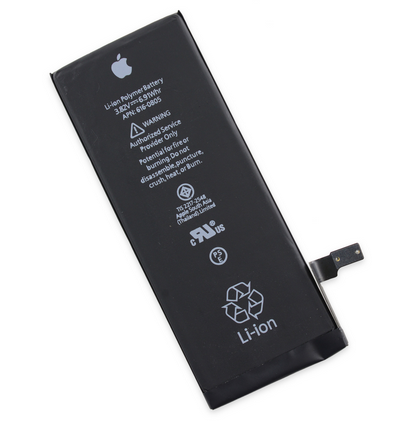Battery Navigation
Latest topics
Search
Battery Statics
Ads
Seoul squawks at U.S. battery shipping rules
Page 1 of 1
 Seoul squawks at U.S. battery shipping rules
Seoul squawks at U.S. battery shipping rules
While the United States government is expected to impose stricter regulations on air shipments of lithium-ion batteries, the Korean government and industry officials are visiting the Office of Information and Regulatory Affairs in Washington today to protest the plan, the Ministry of Knowledge Economy said yesterday.
In January, the U.S. Department of Transportation announced plans to tighten regulations on air shipments of foreign-made lithium-ion batteries, used in various IT devices such as laptops and cell phones, by limiting the number and weight of batteries shipped in each package.
Currently, batteries with a capacity of less than 100 watt-hours are classified nonhazardous and are sent via normal cargo.
If the capacity is more than 100 watt-hours, they are categorized as dangerous, and manufacturers have to spend more money on special packaging.
In the next month or two, however, the U.S. will classify batteries with capacities over 3.6 watt-hours as dangerous.
Americans are reacting to fears of fires breaking out on airplanes. A UPS cargo plane crashed in Dubai in September, and it was believed to be carrying batteries.
“We [the Korean government and manufacturers of lithium-ion batteries including LG Chem and Samsung SDI] will deliver our concerns regarding the negative impact the changes will have on Korea and its information technology exports,” the ministry said in a release.
“The change the U.S. is trying to promote is based on no scientific proof,” the ministry added.
According to the ministry, Korea has been shipping an average of more than 4,000 cargo shipments of lithium-ion batteries every year and there have been no accidents.
The European Union, China and Japan have objected to the regulations as well. The Rechargeable Battery Association is also known to strongly oppose the U.S. government’s action.
The Korea Electronics Association, the Korea International Trade Association and the Battery Research and Development Association of Korea complained to the U.S. government in March this year.
“It is highly likely that the U.S. will ignore Korea, Japan, the EU and China’s comments and will stick to its own plans,” an official from the Ministry of Knowledge Economy said.
joongangdaily
In January, the U.S. Department of Transportation announced plans to tighten regulations on air shipments of foreign-made lithium-ion batteries, used in various IT devices such as laptops and cell phones, by limiting the number and weight of batteries shipped in each package.
Currently, batteries with a capacity of less than 100 watt-hours are classified nonhazardous and are sent via normal cargo.
If the capacity is more than 100 watt-hours, they are categorized as dangerous, and manufacturers have to spend more money on special packaging.
In the next month or two, however, the U.S. will classify batteries with capacities over 3.6 watt-hours as dangerous.
Americans are reacting to fears of fires breaking out on airplanes. A UPS cargo plane crashed in Dubai in September, and it was believed to be carrying batteries.
“We [the Korean government and manufacturers of lithium-ion batteries including LG Chem and Samsung SDI] will deliver our concerns regarding the negative impact the changes will have on Korea and its information technology exports,” the ministry said in a release.
“The change the U.S. is trying to promote is based on no scientific proof,” the ministry added.
According to the ministry, Korea has been shipping an average of more than 4,000 cargo shipments of lithium-ion batteries every year and there have been no accidents.
The European Union, China and Japan have objected to the regulations as well. The Rechargeable Battery Association is also known to strongly oppose the U.S. government’s action.
The Korea Electronics Association, the Korea International Trade Association and the Battery Research and Development Association of Korea complained to the U.S. government in March this year.
“It is highly likely that the U.S. will ignore Korea, Japan, the EU and China’s comments and will stick to its own plans,” an official from the Ministry of Knowledge Economy said.
joongangdaily
westvlane- Posts : 32
Points : 96
Reputation : 0
Join date : 2009-11-30
Page 1 of 1
Permissions in this forum:
You cannot reply to topics in this forum













» NIO Phone 2 Smartphone Battery NBET02
» Mercedes Becker Map Pilot Battery HJS100
» Braun Silk-épil 9 Flex Type 5380 Epilator Battery
» Samsung Galaxy Tab Active Tablet PC Battery EB-BT365BBU
» Samsung Galaxy Tab Active 3 SM-T570 Tablet PC Battery EB-BT575BBE